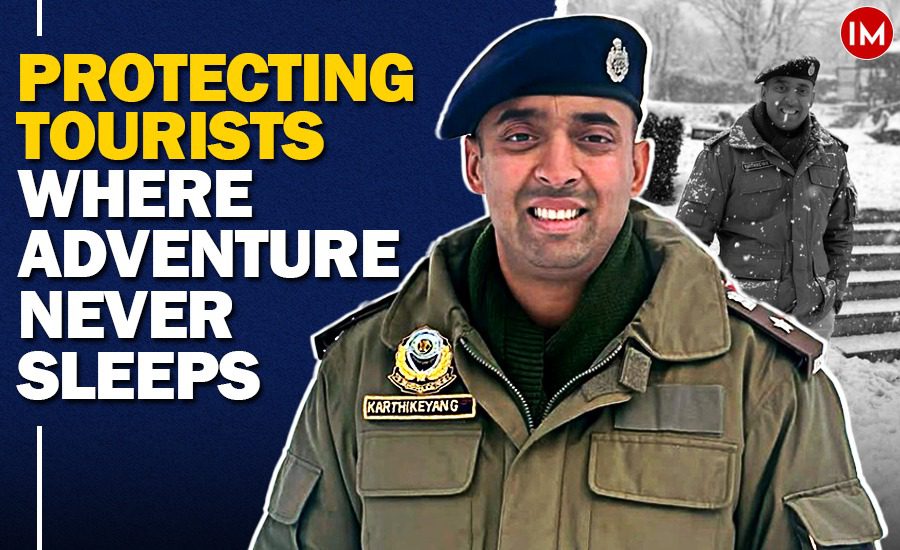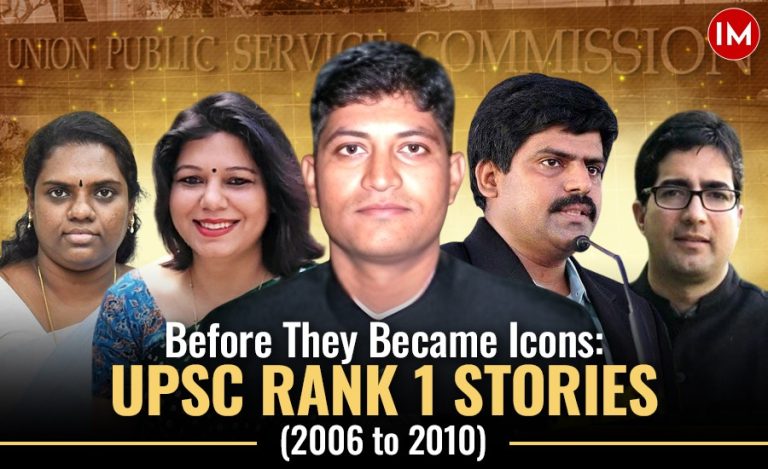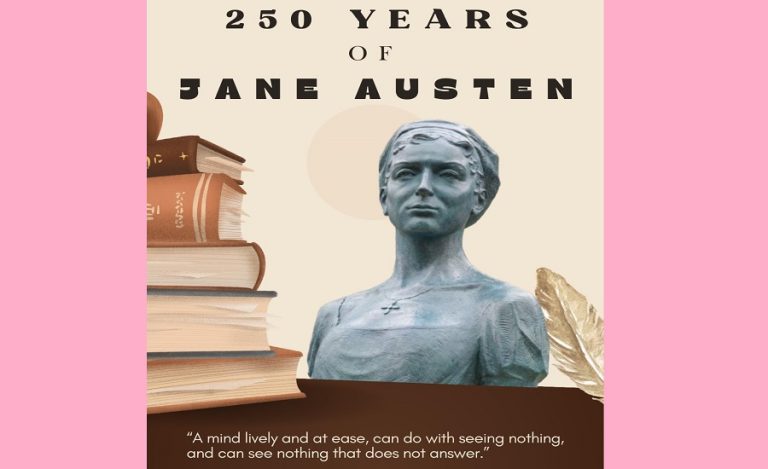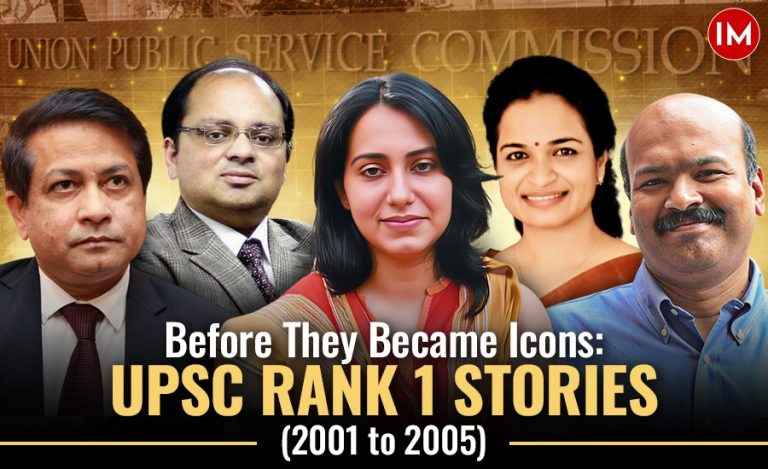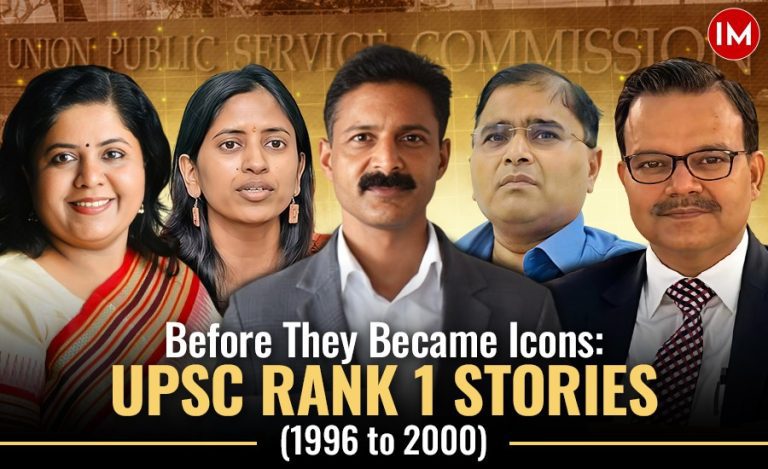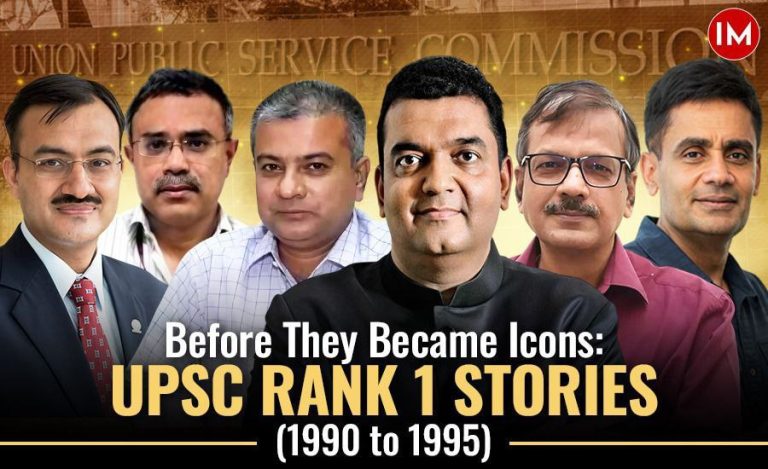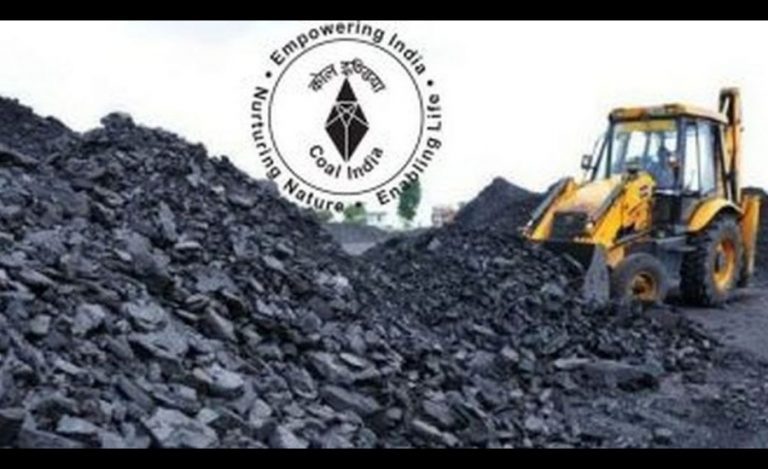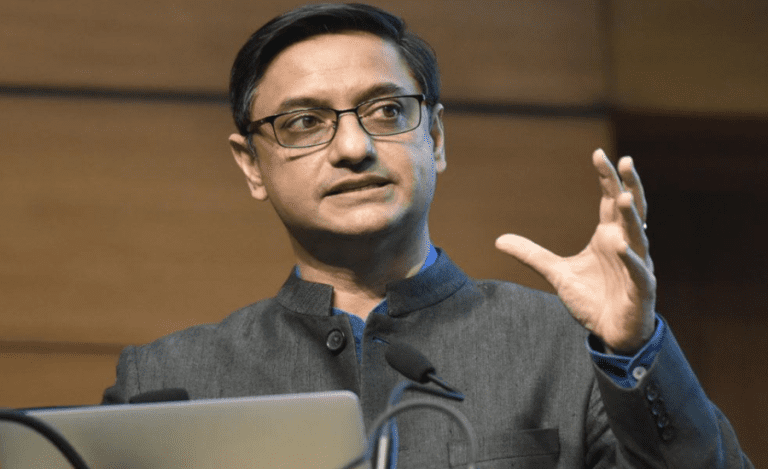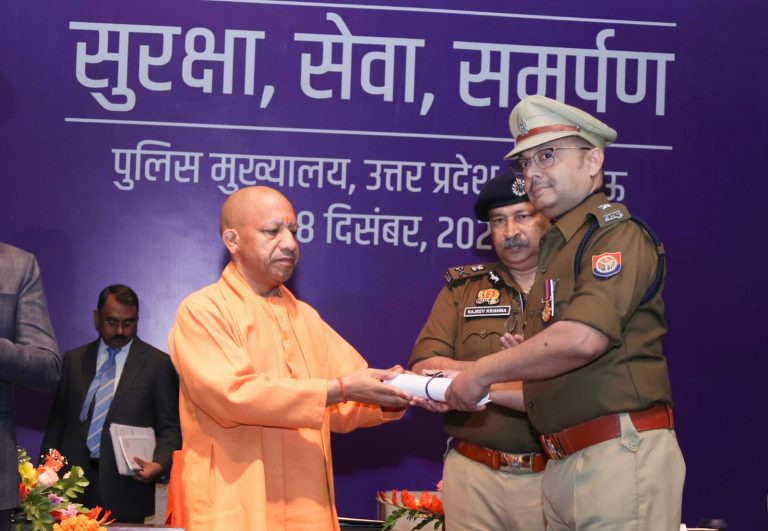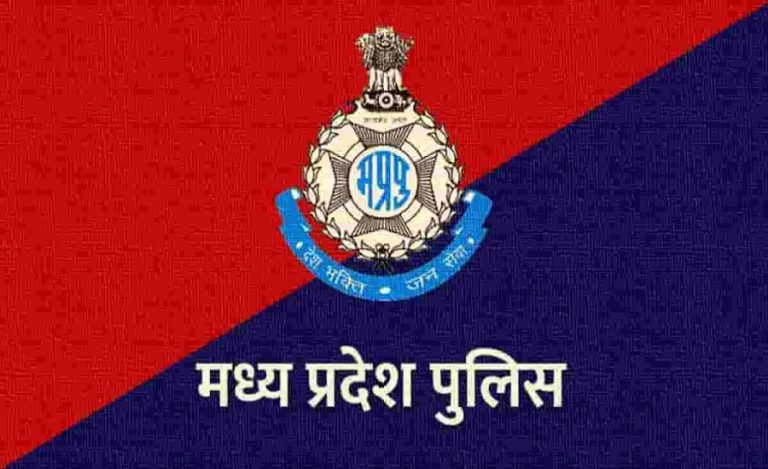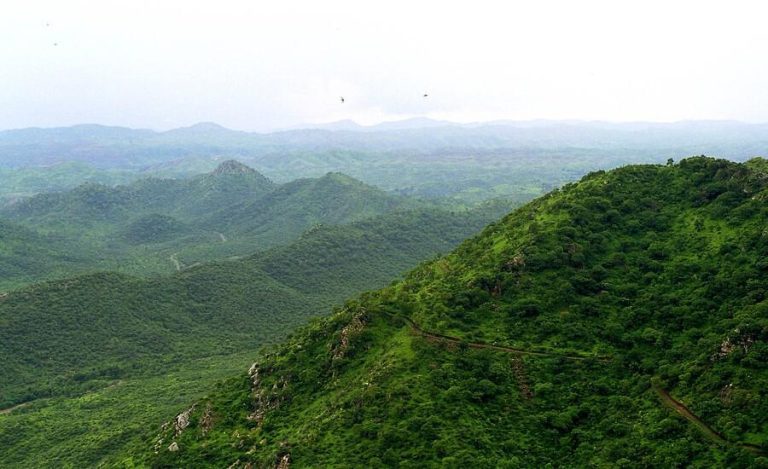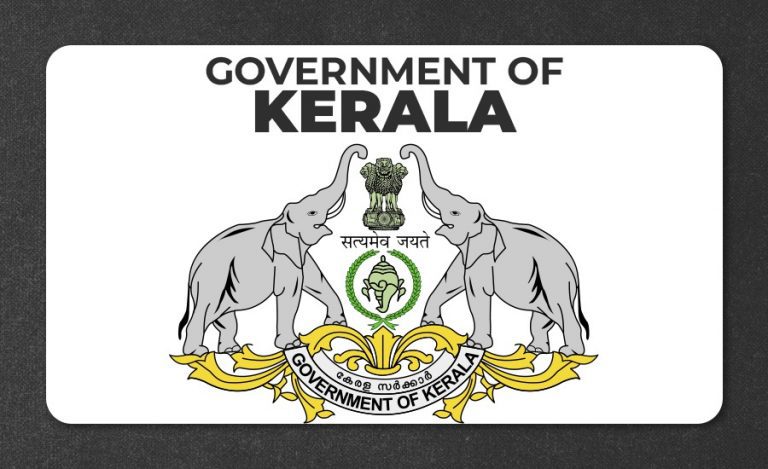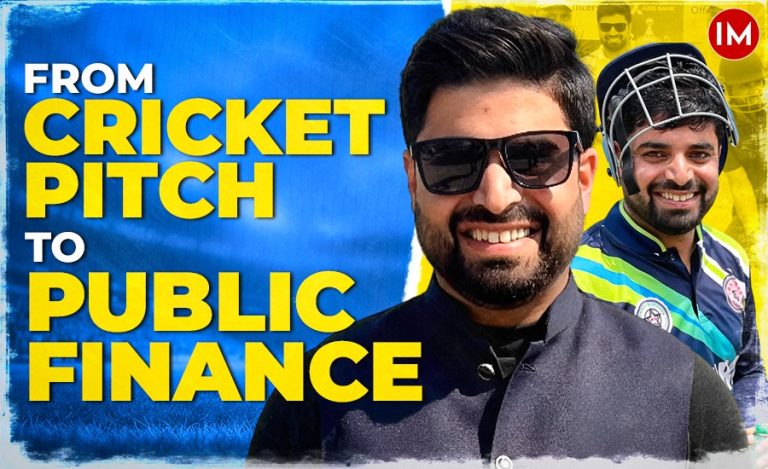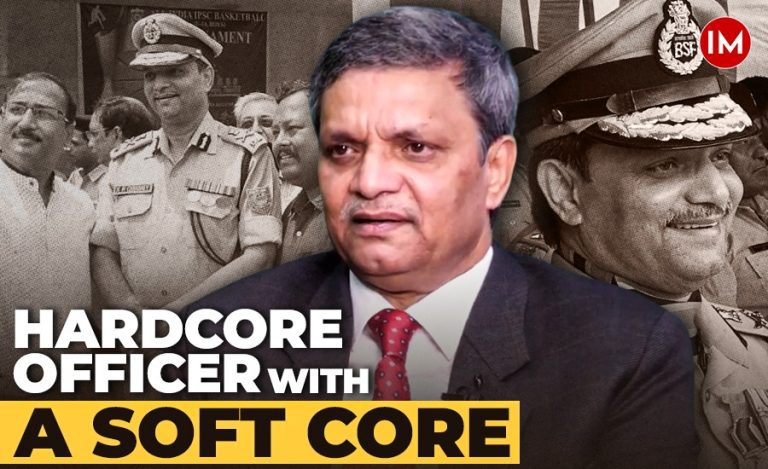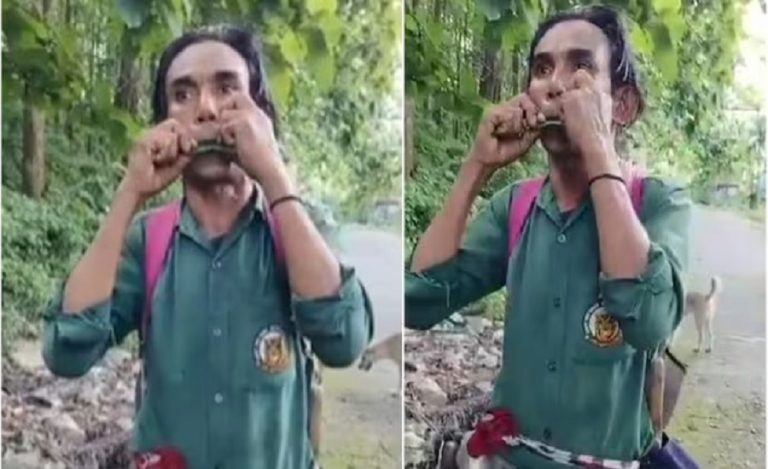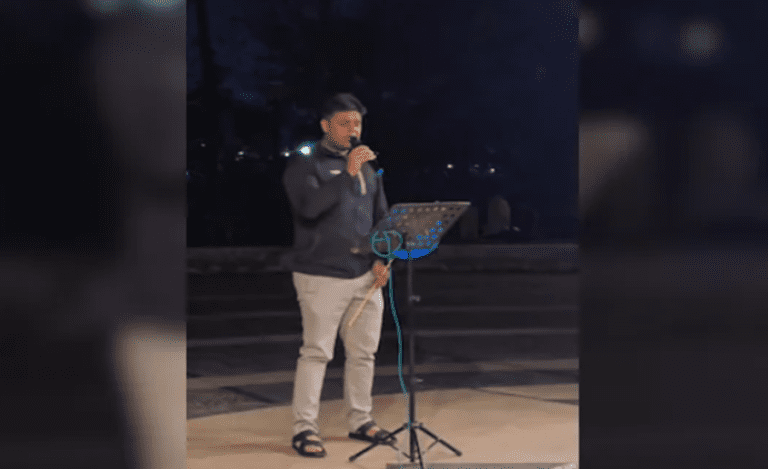Kullu, with its apple orchards and snow-kissed mountains, welcomes thousands of tourists every month. But behind the postcard charm lies a constant flow of traffic, cultural clashes, accidents on blind curves, and late-night calls for help. For IPS Dr. Karthikeyan Gokulachandran, Superintendent of Police in Kullu and a 2014-batch officer of the Himachal Pradesh cadre, the job goes far beyond routine law enforcement.
Tourists arrive from every corner of India, bringing different expectations of how policing works. Dr. Gokulachandran knows these expectations collide with Kullu’s own realities. Narrow roads, unpredictable weather, remote villages, and sudden landslides make the job far from ordinary. So how does he keep up? In an exclusive conversation with Indian Masterminds, he shared details about the same.
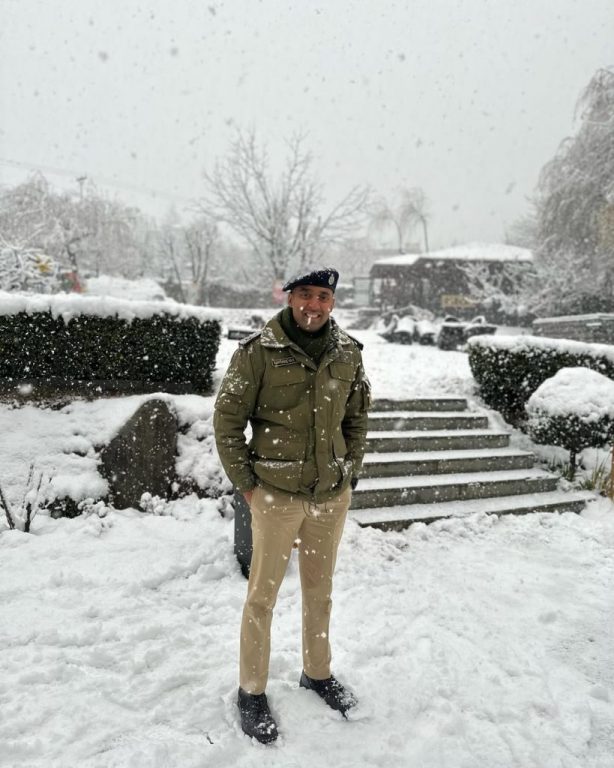
SAFETY IN A TOURIST HUB
From backpackers exploring hidden trails to families crowding Manali Mall Road, the valley is always on the move. Keeping everyone safe demands constant planning and calm coordination. Dr. Gokulachandran works closely with agencies like the Border Roads Organization and the National Highways Authority of India to tackle one of the biggest threats: traffic accidents.
“There’s a lot to be done. Kullu and Manali are major tourist hubs, and with the steady flow of visitors, ensuring safety remains a constant focus,” he says.
Black spots on the highways are identified and shared with engineers who adjust road gradients or fix sharp curves. Police teams keep a watch on speeding vehicles and reckless driving. Coordination is the backbone of his approach, connecting local panchayats, national agencies, and on-ground officers into one system that runs quietly but effectively.
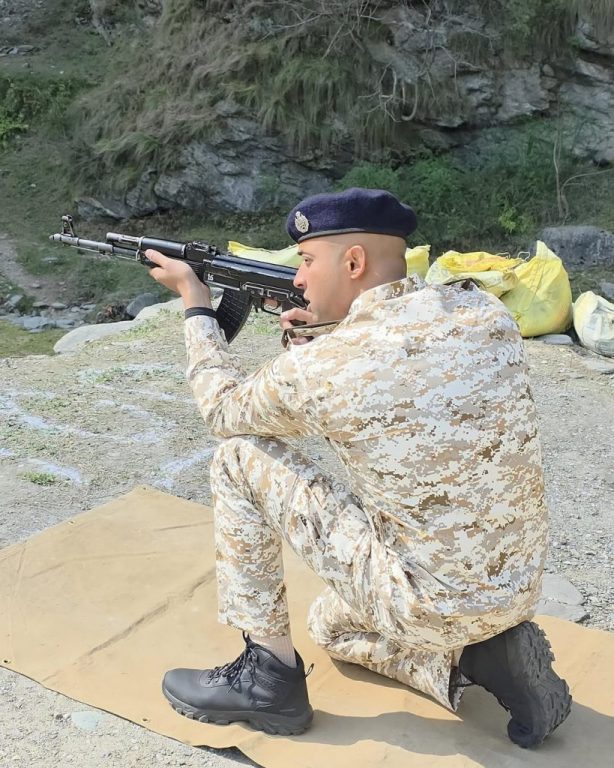
HUMAN POLICING, NOT JUST CAMERAS
Technology helps, but in a place where people come to relax and forget rules, the human touch matters more. Police officials here don’t just stand behind barricades with sticks and challans. They talk, guide, and sometimes even speak in three languages to comfort worried tourists.
“Being a tourist hotspot means we can’t just enforce the law. We have to be accessible and proactive,” he shared with Indian Masterminds.
Officers are chosen and posted carefully. Some speak Punjabi, many are fluent in English, and all know Hindi. Women officers patrol tourist hotspots to support women who face harassment or other crimes. The goal is simple: don’t let language or fear stop anyone from asking for help.
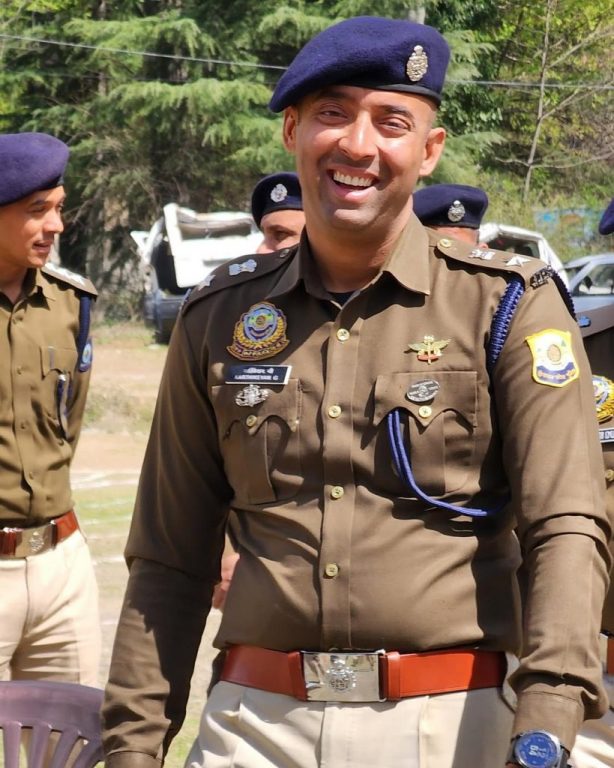
WHEN A WARNING IS BETTER THAN AN ARREST
Not every mistake deserves a night behind bars. Sometimes tourists lose track of limits, drink too much, wander off the road, or get into small altercations. For Dr. Gokulachandran and his team, the priority is to help people get back safely to their hotels instead of pushing minor cases into the system.
“Minor tourist issues don’t need a lock-up. They need help and guidance. Major crimes, of course, get strong action,” he says.
LOCAL HANDS, LOCAL EYES
Locals know Kullu better than any map. Many run hotels and homestays and have a stake in keeping the town lively and tourist-friendly. They organise cultural shows, music nights, and late-night DJ sets that keep the valley buzzing.
But there is another side. Some locals have been found supplying drugs to tourists, a fact that the police keep a close eye on. “They want business to thrive, but they also know when to call us if outsiders create trouble,” he says.
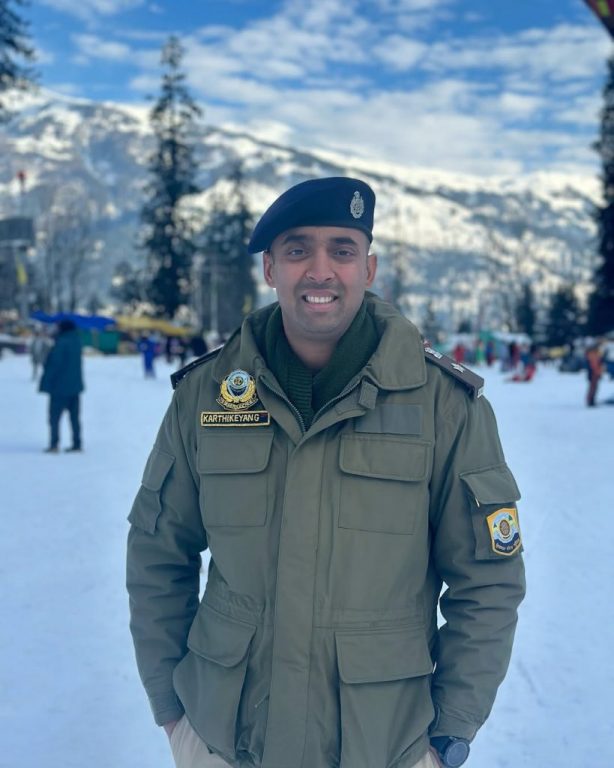
A NETWORK OF WATCHFUL EYES
From Rohtang Pass to Solang Valley, from Atal Tunnel to the crowded streets of Manali, surveillance cameras and police posts cover over 50 important spots. After an attack on a local tourist hub, more posts were added to ensure people feel safe wherever they go.
DOING MORE WITH WHAT’S THERE
Unlike bigger states with bigger budgets, Himachal Pradesh works with limited resources. Large, flashy projects aren’t always possible. But that hasn’t stopped the district from using what it has. Social media monitoring, better local coordination, and smarter patrol routes are some small measures that add up to safer roads and safer nights.
“We try to do our best with the resources we have. We adapt and improve constantly,” he told Indian Masterminds.
ONE TIP FOR THE ROAD
Ask Dr. Gokulachandran for his single biggest piece of advice to visitors, and it’s not about petty crime. It’s about driving. Stick to your lane on mountain roads. Don’t cross over blind curves. When driving downhill, shift to first or second gear. Too many people cruise in high gear, hit the brakes too late, and slide off steep edges.
A SOFTER SIDE OF THE BADGE
Underneath the uniform is a simple belief: policing in a tourist town cannot be about fear alone. It must be about being reachable at any hour, speaking the language a stranger understands, and helping a careless traveller back to safety instead of adding another case file.
In the winding roads and open valleys of Kullu, Dr. Karthikeyan Gokulachandran stands as the quiet link between locals, visitors, and the law. His way is not to chase headlines but to keep the region’s open invitation to the world intact and safe for everyone who wants to see what the valley has to offer.

